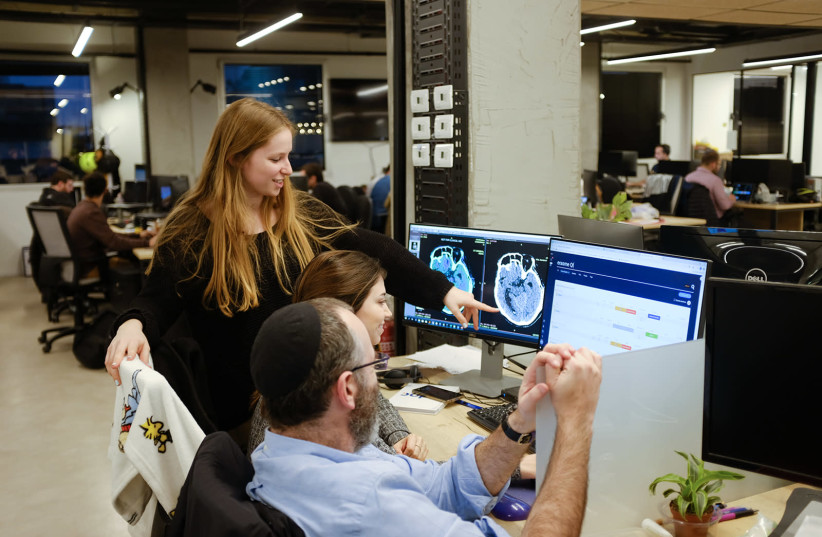More Americans said they are "more concerned than excited" by the increase of artificial intelligence, a developing technology hastened by the pandemic, being applied to daily life, according to a Pew Research Center survey about the rise of AI.
The researchers polled 10,260 US adults from November 1 through November 7. Participants were asked about six developments: facial recognition technology, social media algorithms, robotic exoskeletons, computer chip implants, driverless cars and gene editing.
The findings revealed a positive outlook for facial recognition, algorithms and exoskeletons. By contrast, the respondents were significantly more worried about the use of computer chip implants in the brain, the future of autonomous passenger vehicles and gene editing.

About 45% of respondents said they were equally concerned and excited about the rise of AI, citing reasons for concern as potential job loss, privacy implications and decrease of human connection. However, those who welcomed the new technology said it will save time, especially at work.
The survey also noted that even for far-reaching applications, such as the widespread use of driverless cars and brain chip implants, there are mitigating steps people say would make them more justifiable.
Seven out of 10 Americans say they would find driverless cars more acceptable if there was a requirement that such cars were labeled as driverless so they could be easily identified on the road, and 67% would find these cars more acceptable if they were required to travel in dedicated lanes. In addition, 57% say their use would be more acceptable if a licensed driver was required to be in the vehicle.
